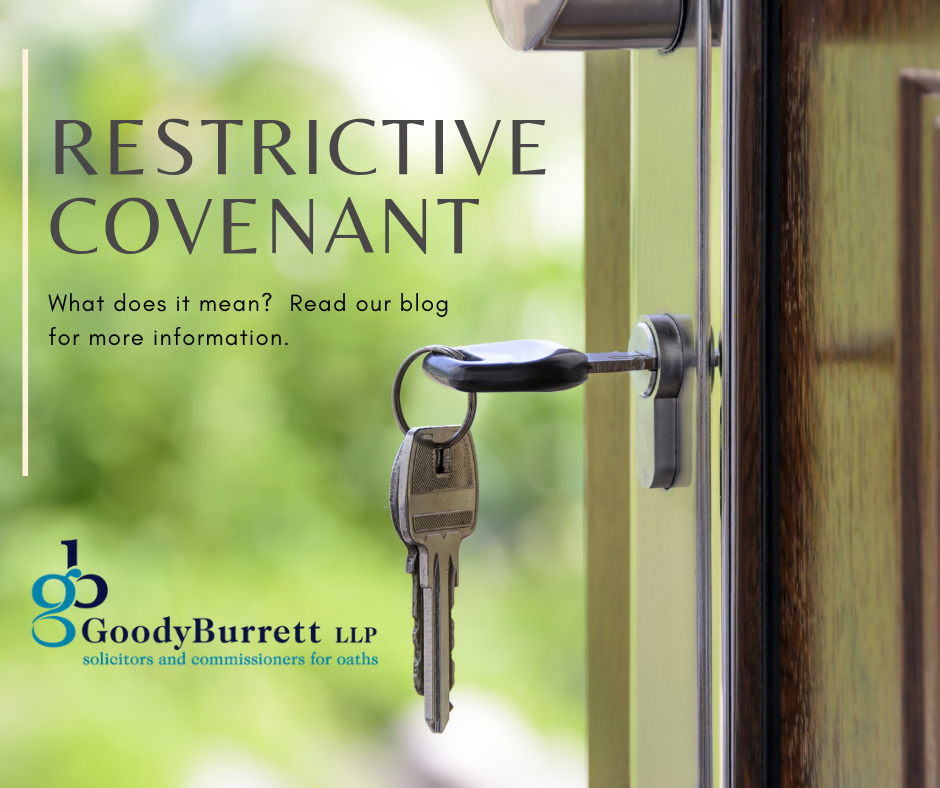Restrictive Covenants
You have likely heard the term before but what is a restrictive covenant and what does it mean if you have one on the property you plan to buy?
A restrictive covenant is a rule which details what can and cannot be done on the land. Typically, they are attached to the land by the seller of land who, crucially, still retains land nearby. For example: a farmer owns a field and sells half of it to a developer. As the farmer retains half of the field (which is nearby to the land being sold) the farmer can attach a restrictive covenant to the land he is selling to state that the developer, and future purchasers, cannot keep livestock on the land.
A restrictive covenant is a negative obligation: they are rules preventing certain things from being done on the land. The most common restrictive covenants are:
- No building or alterations to the current property without prior written consent from the previous owner (often a developer);
- No businesses or trades shall operate from the property; and
- Nothing construed as a ‘nuisance’ shall be done at the property. This includes noise, smells, noxious substances, illegal activity etc.
A covenant always binds the initial parties that own the land when the covenant is new. However, the covenant only binds successive owners if certain criteria are met. This is a very technical area of law but some older, or more vague restrictions have been defeated if the party who seeks to rely on the restrictive covenant no longer holds land nearby.
If you are buying a property and it is clear that a restrictive covenant has been breached (for example: a conservatory has been erected at the property, but no developers consent has been obtained when it is required) there are a couple of ways round it:
- Put in hand a standard ‘off the shelf’ indemnity policy. This will cover you as future owner of any repercussions should the developer find out about the addition and seek damages for the breach by the previous owner; or
- If the breach occurred more than 20 years ago caselaw suggests that the restrictive covenant falls away and is incapable of being enforced.
If you are buying a property and you consider you are likely to breach a restrictive covenant post completion that is not necessarily the end of your home buying dreams. Again, an indemnity policy could come to your rescue. You are likely to require a bespoke policy in this instance which will cost a little more. Please Note: whilst policies are useful and bridge gaps in many situations for residential property matters this is not always the case for commercial land acquisitions.
If you have any questions about restrictive covenants do let us know.
For more information on a Restrictive Covenant
Contact our Conveyancing Department on 01206 577676 or email [email protected]

